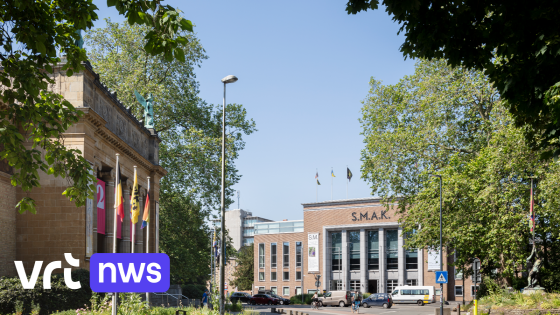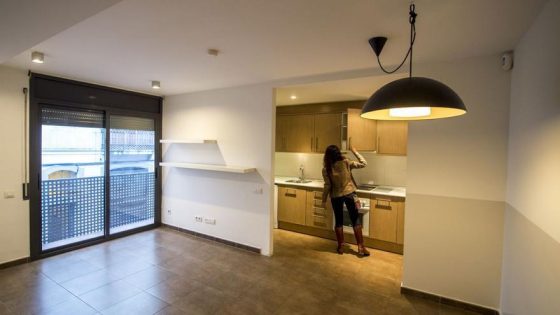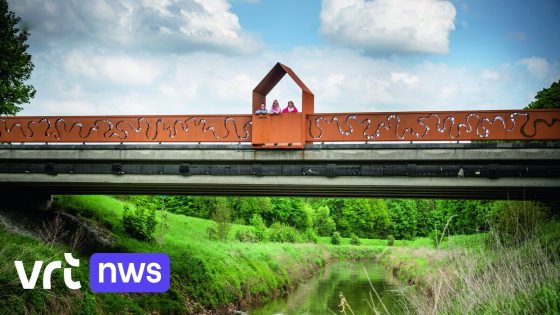On February 24, 2025, the University of Ghent announced it will no longer send interns to SMAK, citing safety concerns. This decision raises questions about the museum’s ability to provide a secure environment for students. What does this mean for the future of internships in cultural institutions?
- SMAK's welfare is a city responsibility.
- Astrid De Bruycker open to dialogue.
- Contact made with the vakgroep members.
- Action plan review requested by the council.
- Assessing museum's progress and challenges.
University of Ghent Stops Sending Interns to SMAK: What’s Next?
This decision from UGent is significant. How can museums ensure safe working environments for their interns? The city of Ghent plays a crucial role in addressing these concerns as they oversee the museum’s operations.
The Role of Local Government in Museum Safety Standards
The local government is stepping up its involvement with cultural institutions like SMAK. Astrid De Bruycker, Gent’s culture alderman, has reached out to discuss improvements. Here are some key points regarding this situation:
- The need for open dialogue between the city and museum staff.
- A review of existing action plans to identify unresolved issues.
- The importance of ensuring a safe work environment for all employees and interns.
- Potential adjustments based on feedback from stakeholders involved.
Understanding the Impact on Cultural Institutions
This situation highlights broader implications for cultural institutions across Belgium and beyond. Museums must prioritize intern safety or risk losing valuable educational partnerships. What steps can be taken to improve conditions?
Cultural Partnerships: A Two-Way Street
Cultural partnerships should benefit both students and institutions. By fostering a safe learning environment, museums can attract more talent while enhancing their reputation. How can museums balance educational opportunities with safety protocols?
The Future of Internships in Belgian Museums
The future of internships at museums like SMAK hinges on effective communication and action from local authorities. Students deserve safe spaces where they can learn and grow professionally without fear. Will other universities follow suit if conditions do not improve?
In conclusion, addressing these safety concerns is essential not only for SMAK but also for maintaining trust within academic partnerships across Belgium’s vibrant cultural landscape.































![Binance Coin [BNB] Price Surge Ahead: Crucial Levels to Monitor Amid Market Shifts](https://news.faharas.net/wp-content/uploads/2025/02/Binance-Coin-BNB-Price-Surge-Ahead-Crucial-Levels-to-Monitor.webp.webp)